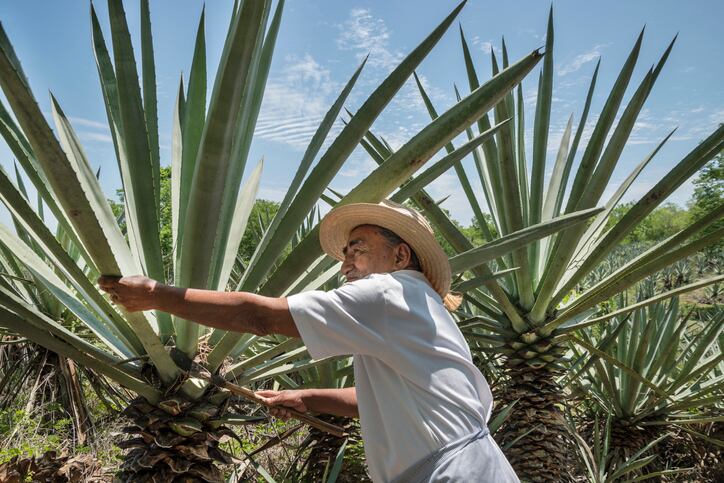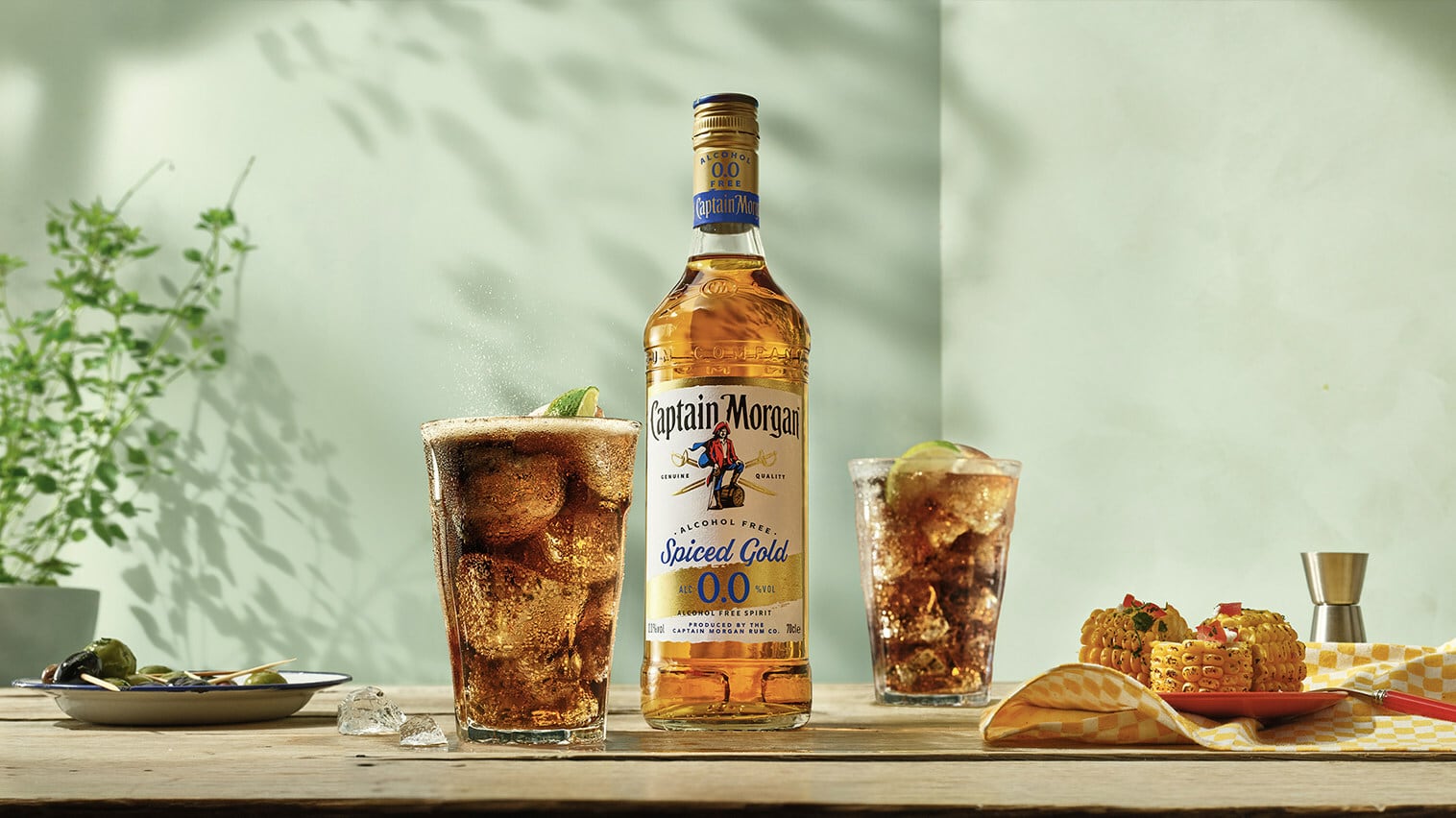The programs in Mexico and Scotland also promise to deliver additional benefits for farmers, as well as enhanced biodiversity, improved water stewardship, carbon reduction and better soil health management. They will also look at locally adapted practices such as cover crops, reduced cultivations and crop rotations.
Growing strong
Diageo has seen strong growth in the whisky and tequila categories: thanks to the popularity of premium spirits and cocktails.
Net sales of Scotch grew 12% in FY23, driven by 15% growth in flagship brand Johnnie Walker.
The first phase of the Scotch regenerative agriculture program will focus on approximately 20 farms in three key barley and wheat sourcing regions in Scotland for brands including Johnnie Walker, Talisker and The Singleton.
Tequila, another trending category, grew 19% for Diageo in FY23: powered by Don Julio, Casamigos, DeLeon and Astral.
The tequila regenerative agriculture pilot will build the local knowledge pool of agave regenerative practices and investigate how the plant holds carbon over a 6 to 7 year growth cycle. The program will span across Diageo managed farms and its network of producers of the agave required for Diageo’s tequila brands, including Don Julio, Casamigos, DeLeon and Astral.
While the programs will aim to reduce carbon emissions, they will also aim to build supply resilience, particularly in Jalisco, Mexico, a region that is exposed to climate risks, by building soil health.
Creating sustainable production is also particularly important to agave: which is struggling to keep up with demand with a global boom in tequila's popularity (tequila must be made from blue agave / agave azul - and must be produced in one of five Mexican states such as Jalisco - therefore limiting supply).
Both programs have also been designed to help farmers adapt their farming practices in response to climate change.
Soil carbon auditing company Agricarbon will help Diageo build the baselines of how much carbon the soil currently holds and track soil carbon changes over time across both geographic contexts, while environmental science company James Hutton Limited will investigate how regenerative farming practices can improve soil structure, biological activity and water retention rate in the Scotch program.
New programs join Guinness project
Diageo launched a regenerative agriculture pilot program for Guinness in February 2022: targeting a 30% reduction in greenhouse gas emissions of spring barley production. This ongoing program covers 44 farms in Ireland.
Ewan Andrew, President of Global Supply Chain & Procurement and Chief Sustainability Officer at Diageo said: “As we commit to continued investment in long term business growth, we’re excited to expand our regenerative farming work more formally beyond our current Guinness program in Ireland.
“The Scotch whisky and tequila brands have such a strong connection to their local communities, and as we build increased resilience and productivity across our end-to-end supply chains, we are building broader partnerships to enhance the impact of regenerative farming practices at scale.”
The outcomes of Diageo’s global regenerative agriculture program are expected to contribute to a reduction in Diageo’s scope 3 carbon emissions reduction target as outlined in its 10-year ESG action plan, Society 2030: Spirit of Progress.




